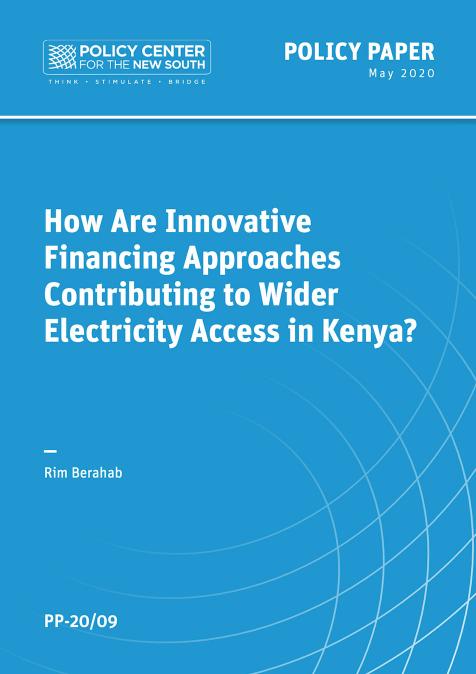Podcasts
Assessing Morocco’s progress in the context of COP26
19
November
2021
This Podcast is based on a Policy Brief by Rim Berahab and Uri Dadush. It examines how Morocco progresses on the mitigation component of its Nationally Determined Contribution (NDC) targets and the critical challenges in delivering that promise. Emphasis was also placed on Morocco's most important policy steps to accelerate decarbonization in the post COP 26 context.








